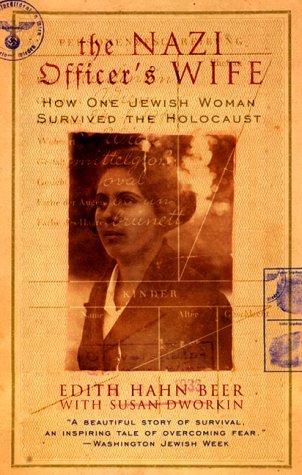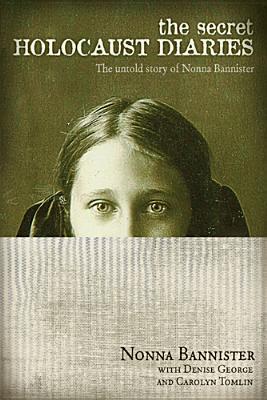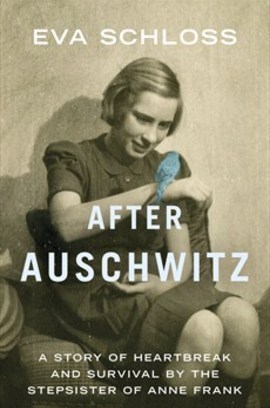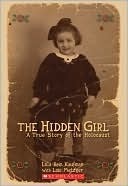
The Nazi Officer's Wife: How One Jewish Woman Survived the Holocaust
Book Description
Caught between war and love, Edith Hahn Beer’s harrowing tale unveils the unimaginable choices a Jewish woman must make to survive the Holocaust. When the shadows of Nazi aggression darken her world, Edith’s clever disguise as the wife of a Nazi officer offers a precarious lifeline. Heart-wrenching decisions, the ache of lost freedoms, and the constant threat of discovery create a pulse-pounding narrative that questions the limits of loyalty and identity. Can hope flourish in the darkest of times? Join Edith on her ruthless journey where survival means navigating a life built on deception and the relentless quest for freedom.
Quick Book Summary
"The Nazi Officer’s Wife" is Edith Hahn Beer’s haunting memoir of surviving the Holocaust by living in plain sight in Nazi Germany. A trained lawyer from Vienna, Edith’s life is upended by anti-Jewish policies and her forced participation in hiding. After a period in a labor camp, she assumes the identity of a Christian friend and flees to Germany, where she marries an unsuspecting Nazi officer. Constantly fearing discovery, Edith endures immense psychological strain living a double life, even as she raises a daughter. Her story illuminates themes of survival, identity, love, and moral ambiguity amid the brutality of the Third Reich. Hahn's resilience and adaptability show the extraordinary lengths some were forced to endure to survive the Holocaust, making this memoir a powerful testament to human endurance under the most dire circumstances.
Summary of Key Ideas
Table of Contents
Survival Through Reinvention and Deception
Edith Hahn’s story begins in pre-war Vienna, where she is a law student with a promising future. As the Nazis rise to power, her aspirations are swiftly derailed. The mounting anti-Jewish legislation strips her of rights, and eventually, she and her mother are separated when Edith is sent to a forced labor camp. The trauma of this separation and the indignities suffered in the camp set the stage for her desperate need to escape, survive, and somehow reunite with loved ones.
The Fragility and Strength of Identity
Upon her release from the camp, Edith is determined to avoid further persecution. She manages an incredible transformation with the help of her non-Jewish friend, assuming a false identity as a Christian. Stepping into an unknown world, she moves to Germany, hiding in the heart of the regime responsible for her people’s suffering. The tension is ever-present as Edith carefully navigates daily life surrounded by those who unknowingly pose a grave threat.
Moral Dilemmas in Time of War
In Germany, Edith meets Werner Vetter, a Nazi officer, and an unlikely relationship takes root. She chooses to marry him, a decision fraught with moral complexities and dangers. As Vetter knows nothing of her Jewish heritage, Edith’s survival depends on maintaining her fabricated identity. Their marriage, while a safe haven, is also a constant source of anxiety; any slip could mean death for not only Edith but her husband and their child.
The Endurance of Hope and Love
Throughout her ordeal, Edith contemplates deeply the nature of identity, loss, and loyalty. Forced to relinquish her heritage in daily life, she is caught between longing for her real self and the necessity of deception. The struggle is not only about evading death, but also about preserving her inner life and memories in an environment designed to erase them. Edith’s decisions are fraught with anguish, reflecting the painful moral compromises victims of the Holocaust were often forced to make.
Witnessing and Recounting Atrocities
After the war, the truth about Edith’s identity is finally revealed, and she grapples with reintegration into postwar society. Her memoir serves as an enduring testament to the resilience of the human spirit and the toll exacted by years of subterfuge and fear. In recounting her story, Edith honors those who perished and ensures that the complex, often unimaginable choices faced by Holocaust survivors are neither forgotten nor simplified.
Download This Summary
Get a free PDF of this summary instantly — no email required.





